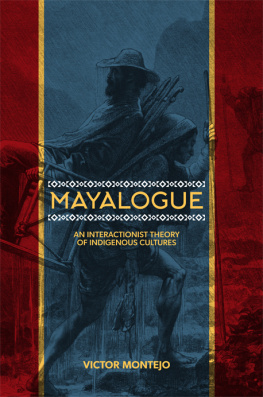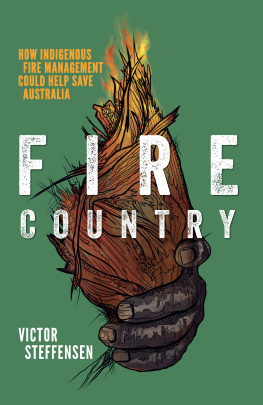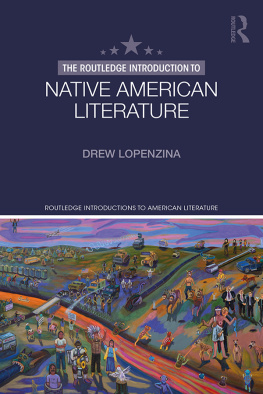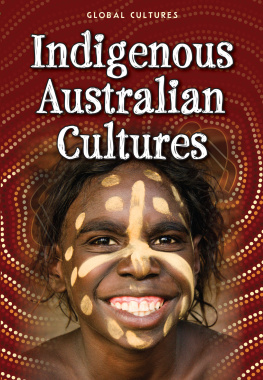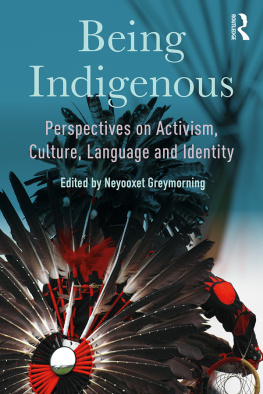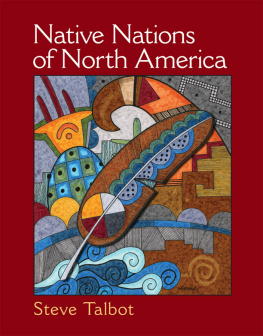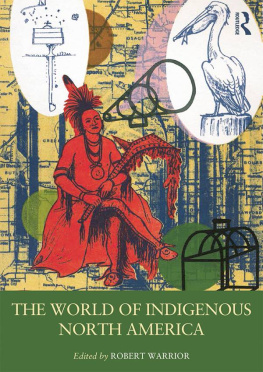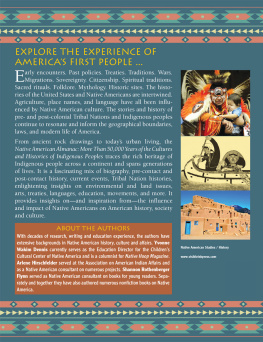MAYALOGUE
SUNY SERIES, TRANS-INDIGENOUS DECOLONIAL CRITIQUES ARTURO ARIAS, EDITOR
AN INTERACTIONIST THEORY
OF INDIGENOUS CULTURES
VICTOR MONTEJO
Cover: La monte de LAgonie, engraved by mile Maillard after a sketch by Manouel Andre, published in La Tour de Monde, Nouveau Journal des Voyages vol. 38, p. 363, 1879. Ed. M. douard Charton.
Published by State University of New York Press, Albany
2021 State University of New York
All rights reserved
Printed in the United States of America
No part of this book may be used or reproduced in any manner whatsoever without written permission. No part of this book may be stored in a retrieval system or transmitted in any form or by any means including electronic, electrostatic, magnetic tape, mechanical, photocopying, recording, or otherwise without the prior permission in writing of the publisher.
For information, contact State University of New York Press, Albany, NY
www.sunypress.edu
Library of Congress Cataloging-in-Publication Data
Names: Montejo, Victor, 1951- author.
Title: Mayalogue : an interactionist theory of indigenous cultures / Victor Montejo.
Description: Albany : State University of New York Press, [2021] | Series: SUNY series, trans-indigenous decolonial critiques | Includes bibliographical references and index.
Identifiers: LCCN 2021022989 (print) | LCCN 2021022990 (ebook) | ISBN 9781438485751 (hardcover) | ISBN 9781438485775 (ebook)
Subjects: LCSH: Maya philosophy. | MayasHistoryMethodology. | MayasIntellectural life. | Anthropology and history.
Classification: LCC F1435.3.P5 M66 2021 (print) | LCC F1435.3.P5 (ebook) | DDC 972.81dc23
LC record available at https://lccn.loc.gov/2021022989
LC ebook record available at https://lccn.loc.gov/2021022990
10 9 8 7 6 5 4 3 2 1
CONTENTS
ILLUSTRATIONS
ACKNOWLEDGMENTS
THE YEAR WAS 1987. I was in Graduate School at the State University of New York at Albany, surviving with my wife and three children on a small graduate scholarship from SUNY-Albany and a stipend received from the Friends Meeting Committee from Lewisburg, Pennsylvania. My immediate family had recently joined me in exile from Guatemala, so it was very hard for me to carry out graduate education with a family to sustain. Of course, my wife had to work hard to help with the family, as we barely meet our basic needs. She started cleaning houses, and sometimes I had to help her during the weekends.
My professors were very supportive, among them: Robert M. Carmack, Gary Gossen, and Lyle Campbell, who encouraged me to take the challenge of graduate education with my limited knowledge of the English language. Also, we had the good fortune of meeting a good man and scholar, Dr. Christopher Lutz, an expert on colonial Guatemala. He was interested in higher education for the Mayas, so he decided to help me with a scholarship. In this way, I could dedicate myself full time to graduate school because of his unconditional support. My dreams of achieving a university degree in the United States became a reality. In this way, I graduated with a masters degree in anthropology at the State University of New York at Albany in 1989, and with a PhD in anthropology at the University of Connecticut in 1993.
For this reason, I wish to dedicate this book to Dr. Christopher Lutz, an extraordinary person who has helped many students throughout the years with the Maya Educational Foundation. Chris Lutz has been a great admirer of Maya civilization, past and present, and as a historian he has understood the difficulties in which Maya people have survived under colonial rule and postcolonial repressive governments. His desire was to see modern Mayas achieve higher education, so that they can, one day, rewrite their own histories and express themselves freely with a decolonized mind.
Mayalogue, then, is a tribute to this extraordinary man who has dedicated himself to support modern Mayas to reconnect themselves with their ancestors through their continuous creativity and intellectual productions. In this effort, Dr. Stefano Varese at University of California was also my intellectual mentor in my search for a postmaterialist anthropological science. Finally, I am thankful to my colleagues at the Department of Native American Studies, Ins Hernndez vila, the late Jack Forbes, and other scholars, such as Professor Kay Warren, who were very supportive in my development as a native Maya scholar.
| INTRODUCTION | ONE |
| An Indigenous Point of View |
AS A WRITER AND A NATIVE SCHOLAR OF MAYA , I want to present some ideas on how Indigenous People create knowledge as they relate themselves to the natural environment. For Mayas, it is important to build a Native theory as a contribution to the dialogue between anthropologists and Natives, and this is what I propose in Mayalogue. This dialogue must include the nonhuman persons as part of the cosmic web of life we call qinal, which means life, time, and existence.
It is time to remove ourselves from scientific materialism, which has neglected the subjective dimensions of human experience for the past five centuries among the Mayas. Postmaterialist scientists and writers continue to free themselves from colonialist and materialist ideologies as they widen their views of the natural world, while enriching their human experience. The ways in which Indigenous People see the world and their cosmologies have been considered a distortion of reality; by rejecting these other ways of knowing, colonialist writings dismiss the Natives belief systems and values of respect and compassion that leads to a peaceful relationship with the natural world.
My current task is to write on these Native ideas, hoping to show how the world works for us (Maya cosmology). It has been a whilesince graduate school from 1987 to 1992that I wanted to write on this concept, but my work was always postponed because I had to follow the academic tradition, which only approved as scientific the writings that fit within Western frameworks or paradigms.
In addition, my knowledge of Maya culture was put aside during my training in graduate school, where influential works of Western thinkers were the only required text to be used in the classrooms. No Latin American scholars were read, which made me realize that Native traditions were far removed from being considered as a possible source of knowledge. In academia, Native knowledge was seen as irrelevant or even nonexistent. That is why, as a Native scholar, I had to go back to my Maya tradition and rethink what should be an intellectual contribution of modern Mayas to the social sciences and humanities.
I had to follow the great Lakota scholar Vine Deloria, who has hoped that Native Americans would develop a Native theory based on the philosophy of cosmic unity or connectedness with everything that exists in the living universe. Vine Deloria envisioned that the next generation of American Indians could radically transform scientific knowledge by grounding themselves in traditional knowledge about the world and demonstrating how everything is connected to everything else (Deloria 1999:39).

